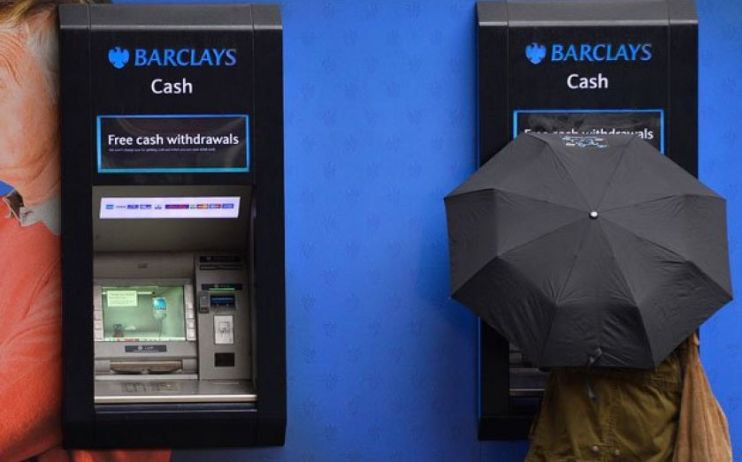UK economy: Consumer borrowing dropped last month in latest recession warning

Consumer borrowing dropped sharply in December in the latest sign that the UK economy probably slipped into recession at the end of last year.
According to figures released by the Bank of England, consumer borrowing fell to £1.2bn in December, down from £2.1bn the month before.
The sharp fall largely reflected a steep drop in borrowing on credit cards, which fell from £1.0bn to £300m. Other forms of consumer credit, like motor finance and personal loans, also saw slight falls.
Ashley Webb, UK economist at Capital Economics, said the figures suggest “households are starting to reduce their willingness to take on unsecured credit.”
The sharp fall reflects strong borrowing in November, when consumers took out loans to cash in on retailer discounts. However, retail sales figures for the month of December suggest this willingness to spend reversed in December
Figures out earlier this month showed that retail sales in December plummeted 3.2 per cent, the largest monthly fall since January 2021.
According to Capital Economics, the retail sales indicate a -0.15 percentage point reduction from GDP in December. Having already contracted 0.1 per cent in the third quarter, this puts the UK at risk of a technical recession in the final half of last year.
Reluctance to spend likely contributed to households depositing £5.4bn into banks and building societies in December, the largest total since October 2022.
The figures also showed that for the first time since May 2022, households put more money into easy access accounts rather than time accounts. Time accounts lock funds away for a certain length of time, usually in exchange for a higher interest rate.
Figures from the Bank of England showed that households put £3.3bn into sight accounts compared to the £2.5bn which moved into time accounts.
Businesses meanwhile borrowed a new £700m from banks, compared to £1.4bn of repayments the month before.